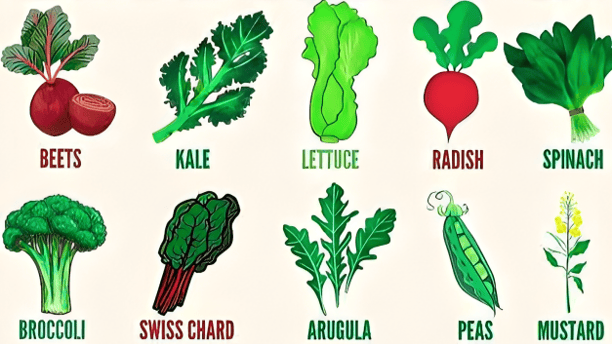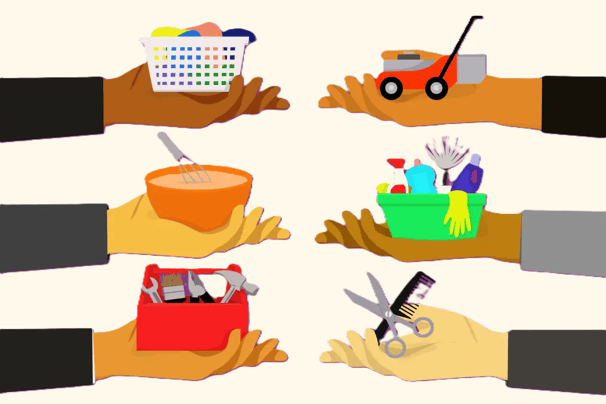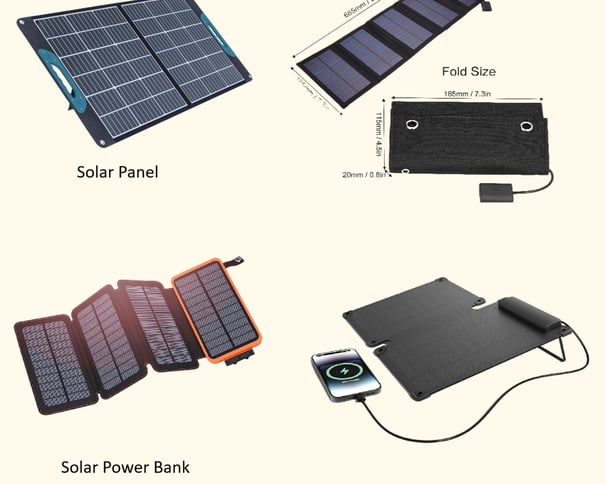Prepare for the Long-Term
In prolonged crises—whether due to war, economic collapse, natural disasters, or supply chain disruptions—short-term survival tactics may not be enough. For situations that extend over months or years, adopting sustainable survival strategies ensures continued access to essential needs like food, water, shelter, and energy. These strategies emphasize self-reliance, resource renewal, and long-term resilience.
SURVIVAL GUIDE
11/15/20242 min read
Prepare for the Long-Term
If the situation extends, consider sustainable survival strategies. In prolonged crises—whether due to war, economic collapse, natural disasters, or supply chain disruptions—short-term survival tactics may not be enough.
For situations that extend over months or years, adopting sustainable survival strategies ensures continued access to essential needs like food, water, shelter, and energy. These strategies emphasize self-reliance, resource renewal, and long-term resilience.


Bartering
Establish a barter system for goods and services if money loses value. Bartering is the direct exchange of goods and services without using money. When a traditional currency loses its value due to economic collapse, war, or hyperinflation, a barter system can ensure access to essential resources.
Click on the following button to learn how to establish and operate an efficient barter system.
Alternative Energy
Use solar chargers or small generators for electricity needs. Access to electricity during emergencies or in off-grid situations is crucial for powering essential devices like lights, communication tools, and small appliances.
Solar chargers and small generators offer reliable, renewable, and portable solutions. Here's a detailed guide on how to use them effectively.
Self-Sufficiency
Gardening for food is a valuable skill during prolonged crises, especially when access to fresh produce is limited.
Here’s a detailed guide to help you grow fast-growing crops like potatoes, beans, and leafy greens efficiently. Learn basic gardening to grow food, especially fast-growing crops like potatoes, beans, or leafy greens.
Relocation Plans
Identify safe areas for potential migration and prepare resources to support the journey.
In a crisis—whether due to war, natural disasters, economic collapse, or other emergencies—you may need to relocate to a safer area. Here's a comprehensive guide on identifying potential safe areas and preparing the necessary resources to support your migration journey.






